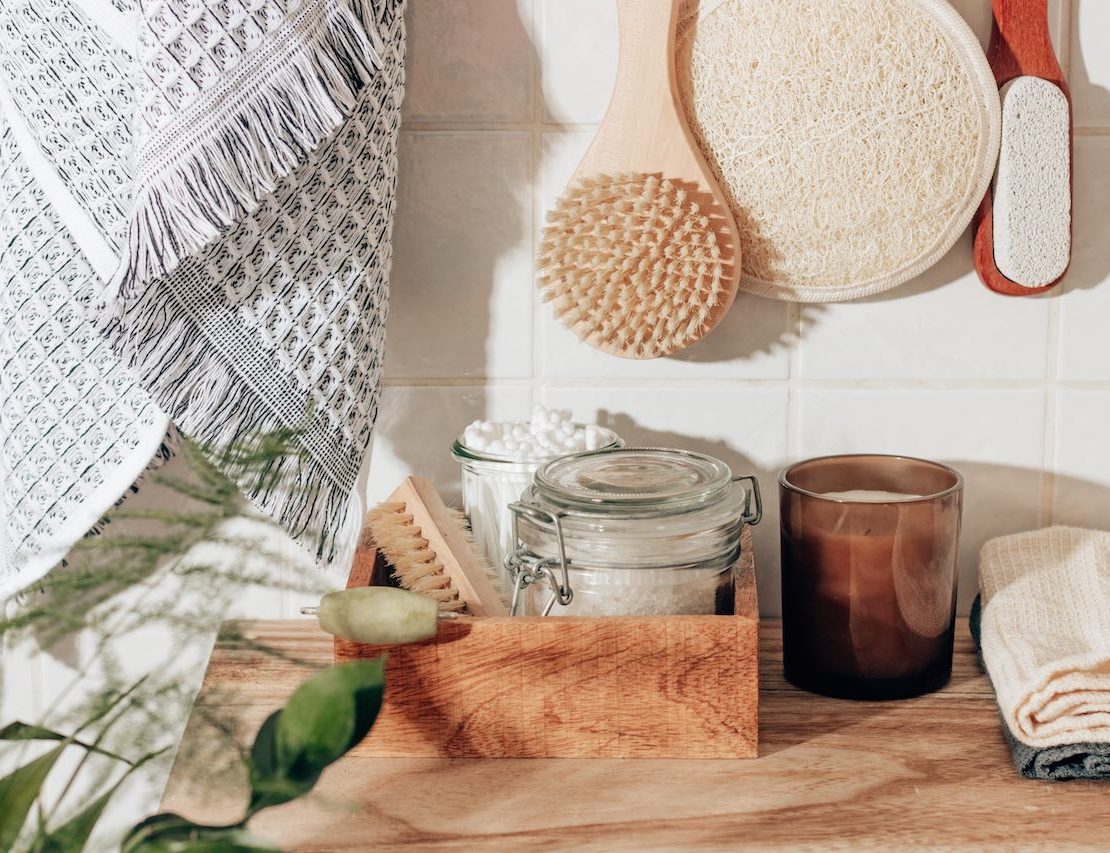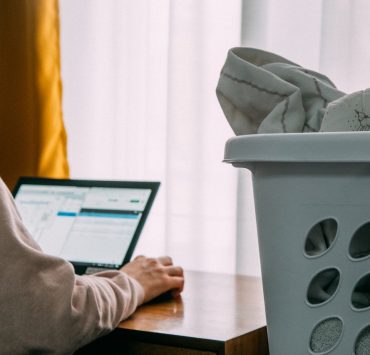Admittedly, I’m a newbie to the sustainability movement. I’ve always deeply cared about the environment, but that usually never translated to my habits. Sure, I turn the faucet off while I’m sudsing my hands and I try to turn the lights off when I’m not using them, but that’s just about it.
When I try to form good habits, I usually look for people whose footsteps I can follow. You know, monkey see, monkey do. So on my quest to more eco-friendly living, I’ve turned to Instagram to make sure I see and I end up doing.
If you’re starting out on your journey towards sustainability (or just in need of some inspiration to keep going), here are a few Instagram accounts I’d recommend. Keep in mind though, this is not at all a comprehensive list. I’m sure I’m missing out on a lot of key people and organizations, but these accounts have inspired me to do more than the bare minimum:
People
Hindy Weber (@hindyweber)
To be completely honest, I want to be Hindy Weber when I grow up. She’s a business owner, mom, designer AND a farmer. I always dreamt of moving to the countryside to plant my own crops and she’s living my dream. I love seeing the farming photos she posts and the cute photos of her family. Hindy Weber, if you’re reading this, please teach me your ways!
Angel Mata (@lowimpactfilipina)
Angel Mata is another one of my sustainability goals. In 2018, she only accumulated 1.8 kgs. of garbage. That’s a little more than two days worth of an average Filipino’s daily trash total. She also has a blog (which I go through whenever I have the time) that goes more into detail about living sustainably.
Food
Food is a really big part of living sustainably. According to the University of Michigan’s Center for Sustainable Systems, going on a more plant-based diet can help reduce your carbon footprint. Although I’m not really in the market to give up red meat (hello steak eaters!), eating more vegetables is good for the environment and my health.
Monique Obligacion and Rocco Mapua (@druidthings)
For general zero-waste living and cooking, I constantly look at Druid Things on Instagram for inspiration. They post photos that come with detailed recipes and a lot of information on sustainability, carbon neutrality and being zero-waste. Also, they have cat pictures.
The Healthy Pinay (@thehealthypinay)
The Healthy Pinay also has great vegan recipes. She makes a ton of vegan and plant-based dishes that I can easily adapt to suit my omnivore palate. Her tofu recipes are seriously delicious and easy to make (especially since I’m more of a baker, not a chef).
I do most of my grocery shopping online these days, so I try my best to buy local produce to help our farmers.
[READ: 9 online markets where you can get produce straight from the farmers]
Session Groceries (@sessiongroceries)
Session Groceries is my suki when it comes to buying fresh fruits and vegetables because their app is really convenient and they have a large selection of produce. They also partnered up with local farms and cooperatives, which is an added bonus.
Make sure you take note of the weight of the produce you buy, though. The first time I ordered, I was under the impression that it was on the pricier side, but I ended up with two large boxes of fruits and vegetables—half of which I gifted to my very happy tita.
Home and Kitchen Goods
At first, looking for eco-friendly products was a bit of a personal challenge. I was (and still am, to be honest) a huge fan of stores like Daiso, Japan Home Centre and Miniso for my household needs. These places are great for variety and bang for buck, but not so much for the environment.
[READ: Swap out your disposable, everyday products with these eco-friendly alternatives]
Places like Loop Store and Lieu have more environmentally friendly alternatives to everyday essentials like toothbrushes, toothpastes, soaps and other products.
They also have a selection of home and kitchen necessities including detergents, cutlery and a whole lot more. My favorite thing about them is that they’re reasonably priced and won’t burn a hole through my wallet.
Education
Another really important gap that I need to bridge as a newbie is how much I know about sustainability. After doing some research and asking for help from my friends, they pointed me to organizations like Muni and Ethical Consumer Magazine to help me learn more about what sustainability actually means.
Muni (@muni_ph)
Muni is a local collective that advocates for a “fairer, more mindful and more liveable world.” They post a lot of helpful information on their Instagram that shed light on issues related to the environment and the country. I honestly didn’t think much about a lot of the issues they talked about, so I’m glad that I gave them a follow.
Ethical Consumer Magazine (@ethical_consumer_magazine)
Ethical Consumer Magazine has a more global lens on similar issues. They advocate for responsible and informed shopping, like which brands to support and which brands to avoid.
At the end of the day, being a conscious consumer is one of the main points of educating myself when it comes to sustainability. There are a lot of brands out there that I used to support that do a lot of harm to the environment, so I’m glad I know a little bit better now.
The Eco Friendly Guide (@theecofriendlyguide)
Unless it’s something I’m gaga about, I don’t have the attention span to read long articles or essays. These days, easily digestible bits of information laid out aesthetically is my preferred manner of learning. The Eco Friendly Guide does just that. Their Instagram is filled with tastefully filtered photos and well crafted posters that illustrate sustainability tips and tricks. I’m such a sucker for cute art, so it was an easy follow.
Header photo by Svitlana on Unsplash
Get more stories like this by subscribing to our weekly newsletter here.
Read more:
Forget plastic and cling film—use this sustainable food wrapper instead
Humble Market makes a strong case for sustainable shopping
Swap out your disposable, everyday products with these eco-friendly alternatives
Writer: ANDREIANA YUVALLOS




